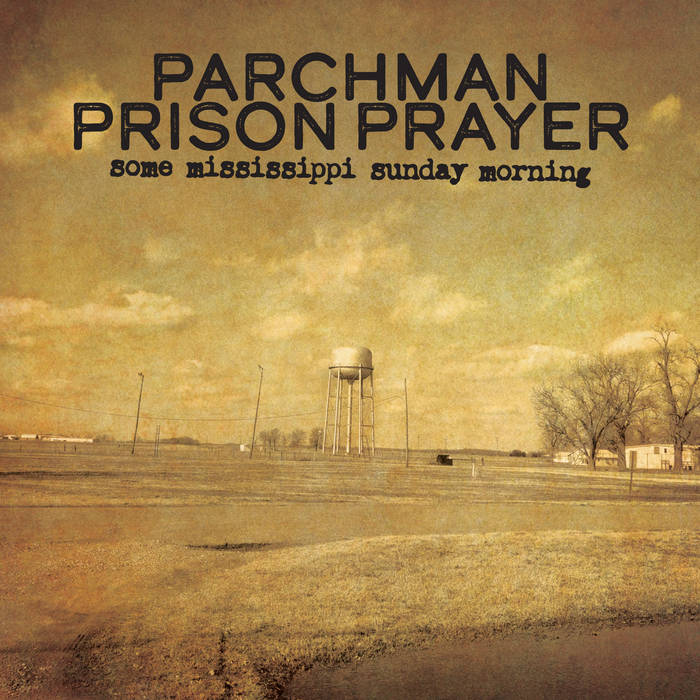In Kürze erscheint ein Album mit Aufnahmen, die der Musikproduzent und Forscher Ian Brennan während einiger Gottesdienste im amerikanischen Parchman Prison im Staat Mississippi aufgenommen hat, einem zu Beginn des vorigen Jahrhunderts eingerichteten Hochsicherheitsgefängnis mit aktuellrund zweitausend männlichen Insassen. Die Platte enthält eine Sammlung von meist a capella vorgetragenen, in manchen Fällen aber auch mit einer üppigen Bandbesetzung eingespielten Spirituals, darunter sind sowohl Traditionals als auch neue Kreationen. Oft wird der Gesang von Handclaps begleitet, ein Flügel kommt zum Einsatz und was besonderes beeindruckt ist die Variationsbreite der Stimmen und Gesangsstile, an einer Stelle meint man fast, Will Oldham zu hören. Von den Insassen aus der Erinnerung wiedergegeben, gibt die Sammlung einen interessanten Einblick in den religiösen Alltag eines solchen Ortes und auf gewisse Weise auch in einen Teil einer regionalen Kultur, die mit Namen wie Muddy Waters, Bessie Smith und Robert Johnson einige Größen der Musikgeschichte hervorgebracht hat. Das Label beschreibt das Projekt als “an unfiltered and deeply resonant journey into a musical world rarely seen or heard”. Das Album erscheint in den gängigen Formaten bei Glitterbeat.
“Mississippi’s oldest penitentiary, Parchman was founded in 1901 and has one of the highest prisoner mortality rates in the nation as well as experiencing ongoing riots. [...] Comprised of “farms,” the prison occupies twenty-eight square miles and houses death row for both men and women in Mississippi. Such is the history, they even have their own cemetery. Scandals rocked the prison in recent years with multiple deaths and murders, and Jay-Z even filed a class action suit on behalf of the prisoners due to the “barbaric” and “abhorrent” conditions. Due to restrictions on video and photos, the only artifact from this meeting are the sounds— making the voices all the more ethereal and ghostly. One man’s voice was so deep, it sounded like the Mississippi River singing— as if Barry White were a soprano. Another freestyled a rap about the shame he feels for having caused pain to his mother and others due to his actions. Another was a 73-year-old, former “rock and roll” singer who’d survived prison, become a chaplain, and found God. His mantra was, “You’ve got to get out of prison while you’re still in prison.” A veil of sadness seemed to shroud. The singers’ voices softened and textured by the inescapable regret that their environment confronts them with. Most songs were covers of Gospel standards, but delivered so imbued with subtext that they were transformed almost unrecognizably from the source material. One of the beauties of the experience was that it was a successful integration of white and black inmates, whose services are often held separately due to racial tensions. As the men beamed, hugged and hi-fived one another in celebration, Chaplain Sidney beamed, “The making of this record has brought much needed encouragement and hope to the men here at Parchman.” These were voices unchained, if only for those few hours. Expressing a vocal breadth of freedom otherwise denied and restrained”. (Glitterbeat)
